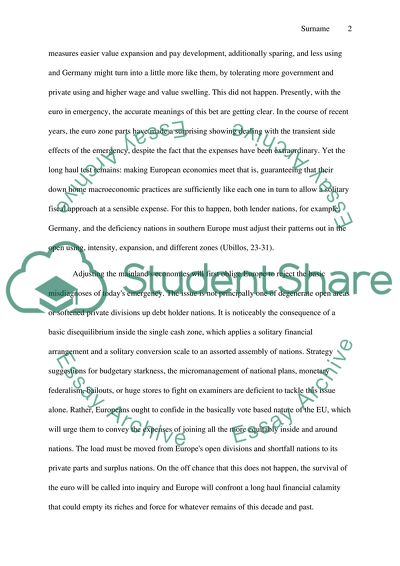Cite this document
(EU economic crisis Essay Example | Topics and Well Written Essays - 1500 words, n.d.)
EU economic crisis Essay Example | Topics and Well Written Essays - 1500 words. https://studentshare.org/macro-microeconomics/1821759-eu-economic-crisis
EU economic crisis Essay Example | Topics and Well Written Essays - 1500 words. https://studentshare.org/macro-microeconomics/1821759-eu-economic-crisis
(EU Economic Crisis Essay Example | Topics and Well Written Essays - 1500 Words)
EU Economic Crisis Essay Example | Topics and Well Written Essays - 1500 Words. https://studentshare.org/macro-microeconomics/1821759-eu-economic-crisis.
EU Economic Crisis Essay Example | Topics and Well Written Essays - 1500 Words. https://studentshare.org/macro-microeconomics/1821759-eu-economic-crisis.
“EU Economic Crisis Essay Example | Topics and Well Written Essays - 1500 Words”. https://studentshare.org/macro-microeconomics/1821759-eu-economic-crisis.


